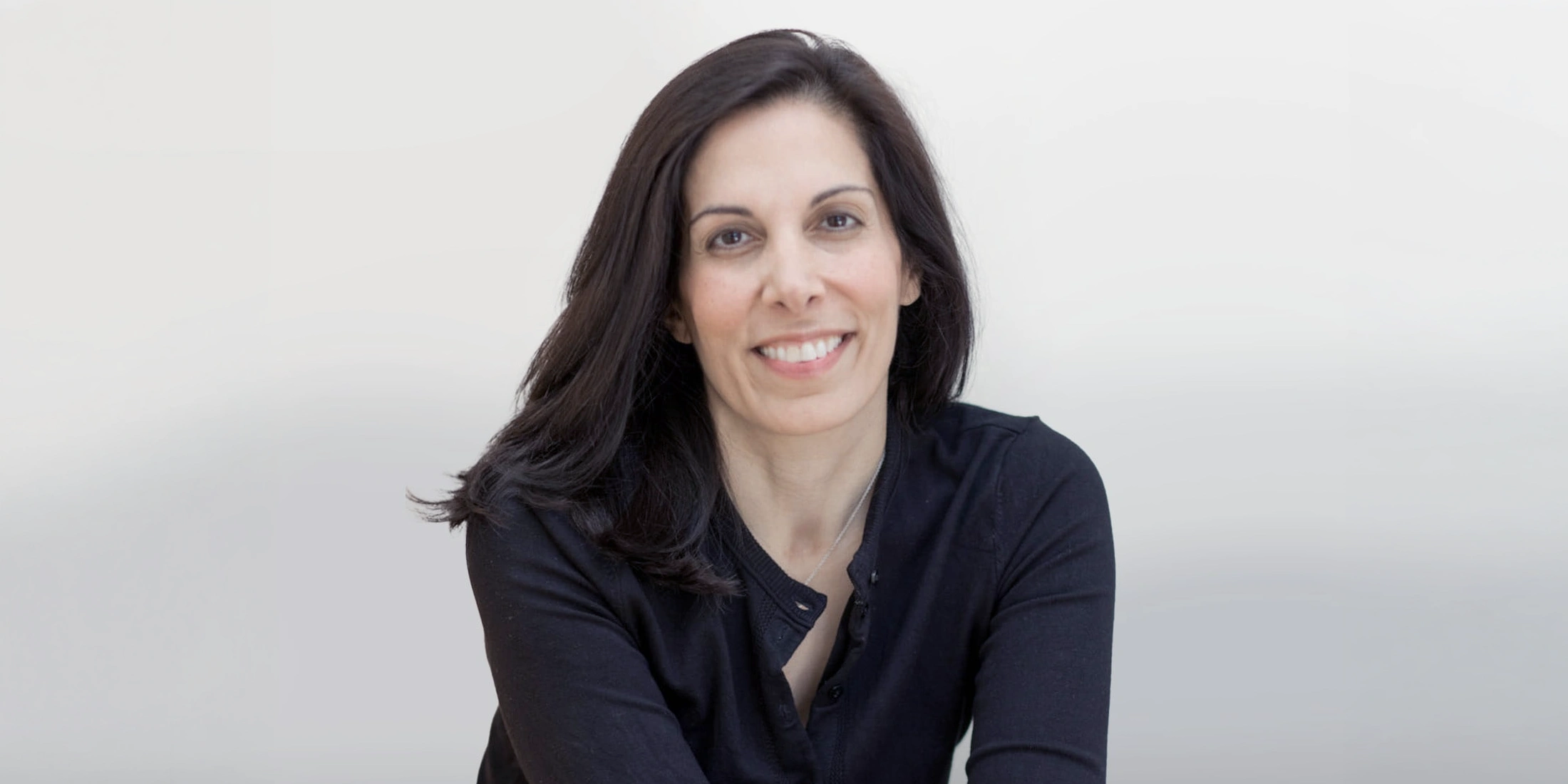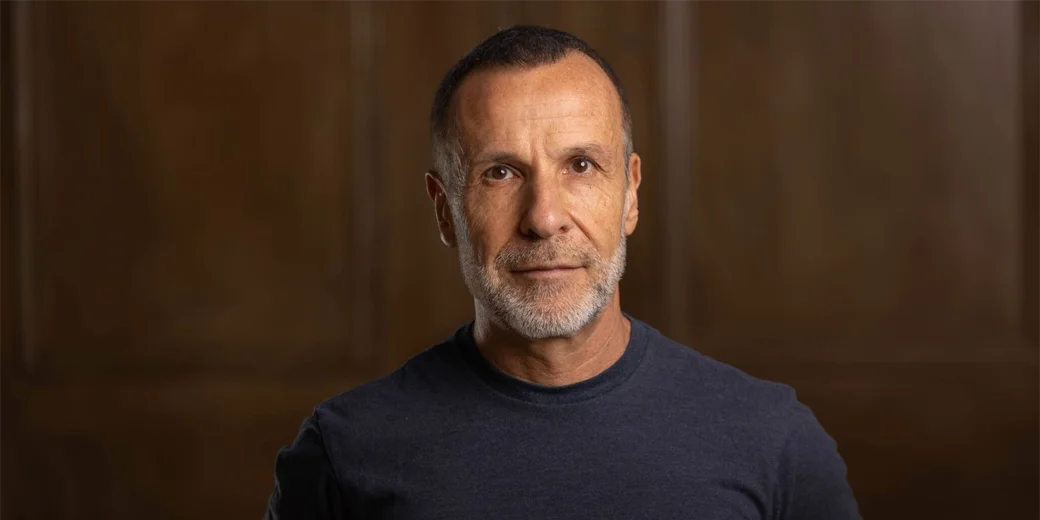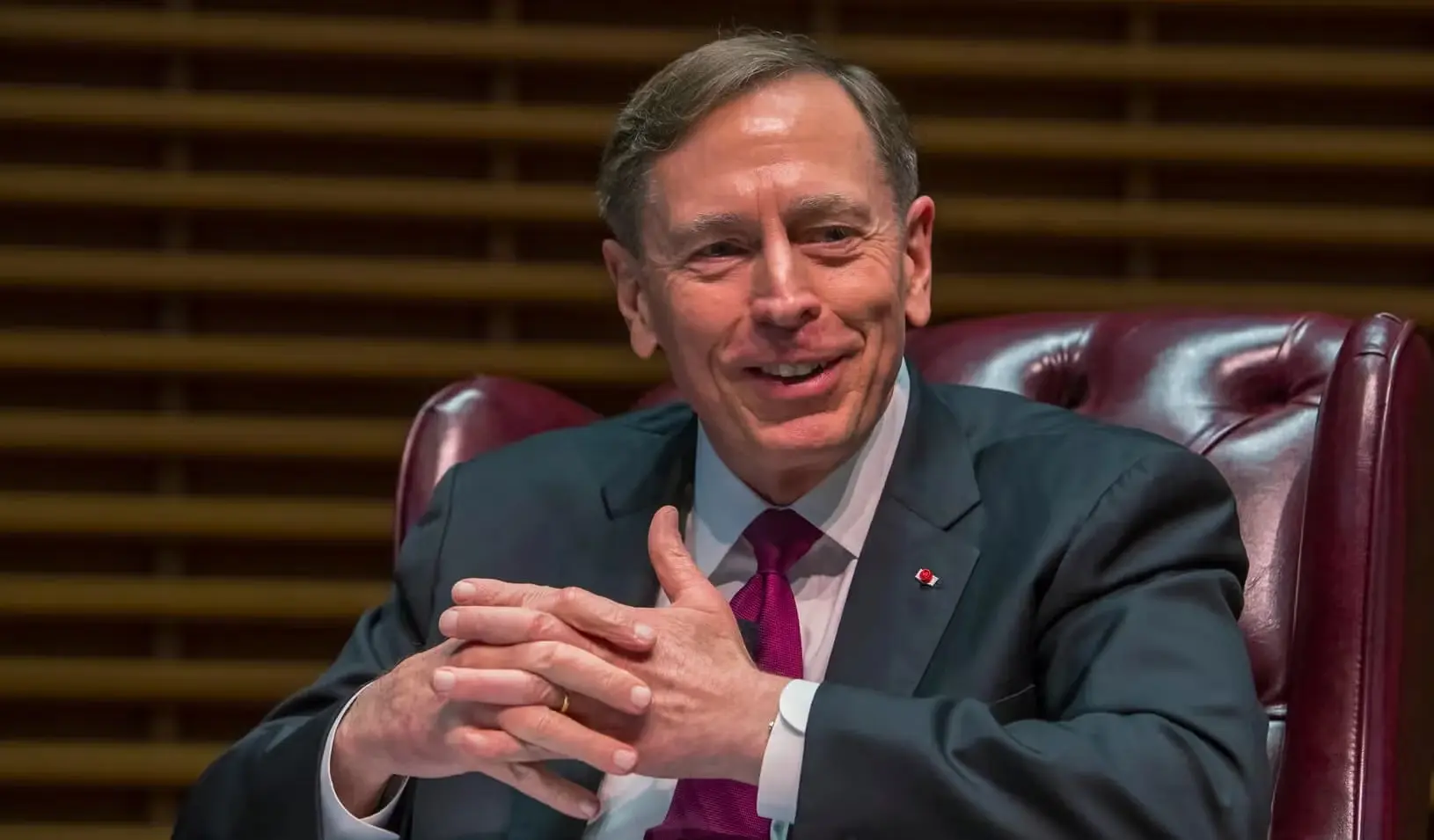*We are now accepting new clients for the 2026-27 cycle! Sign up here.
X
In this short episode of Status Check with Spivey, Mike talks about the widespread notion that, even beyond whatever specific and concrete challenges we each may be facing, there is an added factor of "everything" (in today's society, in life) that can sometimes feel crushing. Then he gives some advice.
You can listen and subscribe to Status Check with Spivey on Apple Podcasts, Spotify, Stitcher, YouTube, and Google Podcasts.
Mike: This is Mike Spivey with the Spivey Consulting Group. I wanted to do a post on something we called, at our last week’s firm-wide professional development retreat, the category of "everything." But it's not everything admissions. So if you're here for admissions, I actually do think this is very important to hear, but it's not the nuanced admission trick. It's hopefully larger and more sustaining than that. We had two people on Zoom, Rob Cacace and Jordana Confino, who are part of our firm, but also do coaching for adults, coaching for lawyers. Jordana has her psychology degree from Yale and helps a lot with mental well-being. That's her field.
They talked about the stress on the students and the stress on the law firms, for that matter, and what the stressors are. And there's the economy, there's the dwindling hiring market right now. But then they put this other category in called "everything." That relates to applicants, too. That relates to me, and my friends, and your parents, and adults, and society in general. I love the way Dr. Gabor Maté—who was on our podcast, so you can listen to him—but I loved the way he worded it in his new book, The Myth of Normal. If you wanted to create in a lab, as an experiment, a society that's the most prone to anxiety, the most prone to jealousy, the most prone to depression, to addiction, to all kinds of harmful mental health deleterious outcomes, this is the society you would create. This one right here. And that includes social media, that includes comparing your outcomes to others.
So here's my point, that everything in the world right now is at a super-heightened state, and I've followed the rhythms of message boards and cycles for my entire adult professional career. Around now is when people will get the most vicious, the most hostile, the most attacking, and the most anxious. The anxiety is completely understandable. Anxiety is caused by uncertainty. This isn't the hardest cycle ever, but it's certainly the most uncertain cycle ever.
It's slower. U.S. News has now delayed their rankings release indefinitely, which means even though law schools have to make admits, they still might be waiting for their embargoed copy. So they received an embargoed copy, but then they were told they're going to get an updated sheet, and they never got it. Uncertainty in law schools, uncertainty in my friends that work at law schools. Huge, steep, incredible uncertainty for you all if you're an applicant. There's not much you can do about the uncertainty. There's nothing I can do about it. Other than monitor very carefully, which is why we track these rankings. Rankings are ridiculous, but they impact behavior, so we track them carefully. And the second we know something, we will let you know.
But what I would say is, the best time to focus on, okay, what really matters beyond the rankings, beyond if I get into the 14th ranked school but not the 12th ranked school, or the 75th ranked school but not the 55th ranked school, is going to be what you make of what you do. My favorite thing in the world—I don't know if this is healthy or not—my best motivator in the world has always been when people doubted me. I love it when someone tells me I can't do something. So if a law school hasn't gotten back to you, if a law school has denied you, and they're saying, “Look, you’re part of a great cohort of applications, but you can't be here,” there’s fuel for your fire. Let that motivate you. Who are they to tell you you can't do something?
In my long career now, over time, I knew thousands of people, thousands upon thousands who went to schools that weren't their dream schools, that now have gone on to do incredible things. Incredible things, amazing things. Not just helping themselves, not just helping their families, but helping others. The schools that told them "no" got it wrong. The schools that told you "no"—prove them wrong. Take that "everything" stress bucket—if you can, say, “You know what? As an individual data point, I can still be upbeat and cheer on other people this cycle,” others won't. You're going to see it. People just get more and more hostile online. "I'm miserable about my life. So I'm going to post something about you to try to make you feel miserable or to try to make me feel miserable." That person that does that, and you see it around now, has a long life ahead of them and a rough three years of law school ahead of them. When you still see people cheering each other on, on message boards, on social media, those people have the best lives ahead of them. Someone else's gain is not your loss, and your gain is not someone else's loss.
The job market's going to get better—you're in the luckiest position if you're applying now, because this is going to be a tough 12 to 18 months, but then it should rebound like it always does. This thing is always on a pendulum. Rankings will come out. Schools will make many more admits. If you think about admits off the waitlist, I’m talking about 50, five zero percent of admits still have to be made because law schools get 30-40% of their matriculating class off the waitlist. That might not seem like it now, and might not seem like it next week, but focus on yourself and let go of the "everything" in the world if you can. I'm trying to. I try hard. And I hope that when things pick up, what we see on Reddit, what we see on Twitter, and on message boards, on LSData chat, etc., is that with every admit—and they're coming—people are cheering each other on and rooting for each other, and that yours is coming too.
So no hidden admissions advice, just something on my mind this morning. Something that I hope is helpful. Stay upbeat, stay positive—still a long way to go, right? We're in April, so we have admits May, June, July, and even August. Hang in there.
This is Mike Spivey of the Spivey Consulting Group.


In this episode of Status Check with Spivey, Mike has a conversation with Dr. Nita Farahany—speaker, author, Duke Law Distinguished Professor, and the Founding Director of the Duke Initiative for Science & Society—on the future of artificial intelligence in law school, legal employment, legislation, and our day-to-day lives.
They discuss a wide range of AI-related topics, including how significantly Dr. Farahany expects AI to change our lives (10:43, 23:09), how Dr. Farahany checks for AI-generated content in her classes and her thoughts on AI detector tools (1:26, 5:46), the reason that she bans her students from using AI to help generate papers (plus, the reasons she doesn’t ascribe to) (3:41), predictions for how AI will impact legal employment in both the short term and the long term (7:26), which law students are likely to be successful vs. unsuccessful in an AI future (12:24), whether our technology is spying on us (17:04), cognitive offloading and the idea of “cognitive extinction” (18:59), how AI and technology can take away our free will (24:45) and ways to take it back (27:58), how our cognitive liberties are at stake and what we can do to reclaim them both on an individual level (30:06) and a societal level (35:53), neural implants and sensors and our screenless future (39:27), how to use AI in a way that promotes rather than diminishes critical thinking (44:43), and how much, for what purposes, and with which tools Dr. Farahany uses generative AI herself (47:27).
Among Dr. Farahany’s numerous credentials and accomplishments, she is the author of the 2023 book, The Battle for Your Brain: Defending Your Right to Think Freely in the Age of Neurotechnology; she has given two TED Talks and spoken at numerous high-profile conferences and forums; she served on the Presidential Commission for the Study of Bioethical Issues from 2010 to 2017; she was President of the International Neuroethics Society from 2019 to 2021; and her scholarship includes work on artificial intelligence, cognitive biometric data privacy issues, and other topics in law and technology, ethics, and neuroscience. She is the Robinson O. Everett Distinguished Professor of Law and Professor of Philosophy at Duke University, where she also earned a JD, MA, and PhD in philosophy after completing a bachelor’s degree from Dartmouth and a master’s from Harvard, both in biology.
Dr. Farahany’s Substack—featuring her interactive online AI Law & Policy and Advanced Topics in AI Law & Policy courses—is available here. The app she recommends is BePresent. The Status Check episode Mike mentions, with Dr. Judson Brewer, is here.
You can listen and subscribe to Status Check with Spivey on Apple Podcasts, Spotify, and YouTube. You can read a full transcript of this episode with timestamps below.


In this episode of Status Check with Spivey, Dr. Guy Winch returns to the podcast for a conversation about his new book, Mind Over Grind: How to Break Free When Work Hijacks Your Life. They discuss burnout (especially for those in school or their early career), how society glorifies overworking even when it doesn’t lead to better outcomes (5:53), the difference between rumination and valuable self-analysis (11:02), the question Dr. Winch asks patients who are struggling with work-life balance that you can ask yourself (17:58), how to reduce the stress of the waiting process in admissions and the job search (24:36), and more.
Dr. Winch is a prominent psychologist, speaker, and author whose TED Talks on emotional well-being have over 35 million combined views. He has a podcast with co-host Lori Gottlieb, Dear Therapists. Dr. Winch’s new book, Mind Over Grind: How to Break Free When Work Hijacks Your Life, is out today!
Our last episode with Dr. Winch, “Dr. Guy Winch on Handling Rejection (& Waiting) in Admissions,” is here.
You can listen and subscribe to Status Check with Spivey on Apple Podcasts, Spotify, and YouTube. You can read a full transcript of this episode with timestamps below.


In this episode of Status Check with Spivey, Mike interviews General David Petraeus, former director of the Central Intelligence Agency and Four-Star General in the United States Army. He is currently a Partner at KKR, Chairman of the KKR Global Institute, and Chairman of KKR Middle East. Prior to joining KKR, General Petraeus served for over 37 years in the U.S. military, culminating in command of U.S. Central Command and command of coalition forces in Afghanistan. Following retirement from the military and after Senate confirmation by a vote of 94-0, he served as Director of the CIA during a period of significant achievements in the global war on terror. General Petraeus graduated with distinction from the U.S. Military Academy and also earned a Ph.D. in international relations and economics from Princeton University.
General Petraeus is currently the Kissinger Fellow at Yale University’s Jackson School. Over the past 20 years, General Petraeus was named one of America’s 25 Best Leaders by U.S. News and World Report, a runner-up for Time magazine’s Person of the Year, the Daily Telegraph Man of the Year, twice a Time 100 selectee, Princeton University’s Madison Medalist, and one of Foreign Policy magazine’s top 100 public intellectuals in three different years. He has also been decorated by 14 foreign countries, and he is believed to be the only person who, while in uniform, threw out the first pitch of a World Series game and did the coin toss for a Super Bowl.
Our discussion centers on leadership at the highest level, early-career leadership, and how to get ahead and succeed in your career. General Petraeus developed four task constructs of leadership based on his vast experience at the highest levels, which can be viewed at Harvard's Belfer Center here. He also references several books on both history and leadership, including:
We talk about how to stand out early in your career in multiple ways, including letters of recommendation and school choice. We end on what truly matters, finding purpose in what you do.
General Petraeus gave us over an hour of his time in his incredibly busy schedule and shared leadership experiences that are truly unique. I hope all of our listeners, so many of whom will become leaders in their careers, have a chance to listen.
-Mike Spivey
You can listen and subscribe to Status Check with Spivey on Apple Podcasts, Spotify, and YouTube. You can read a full transcript with timestamps below.